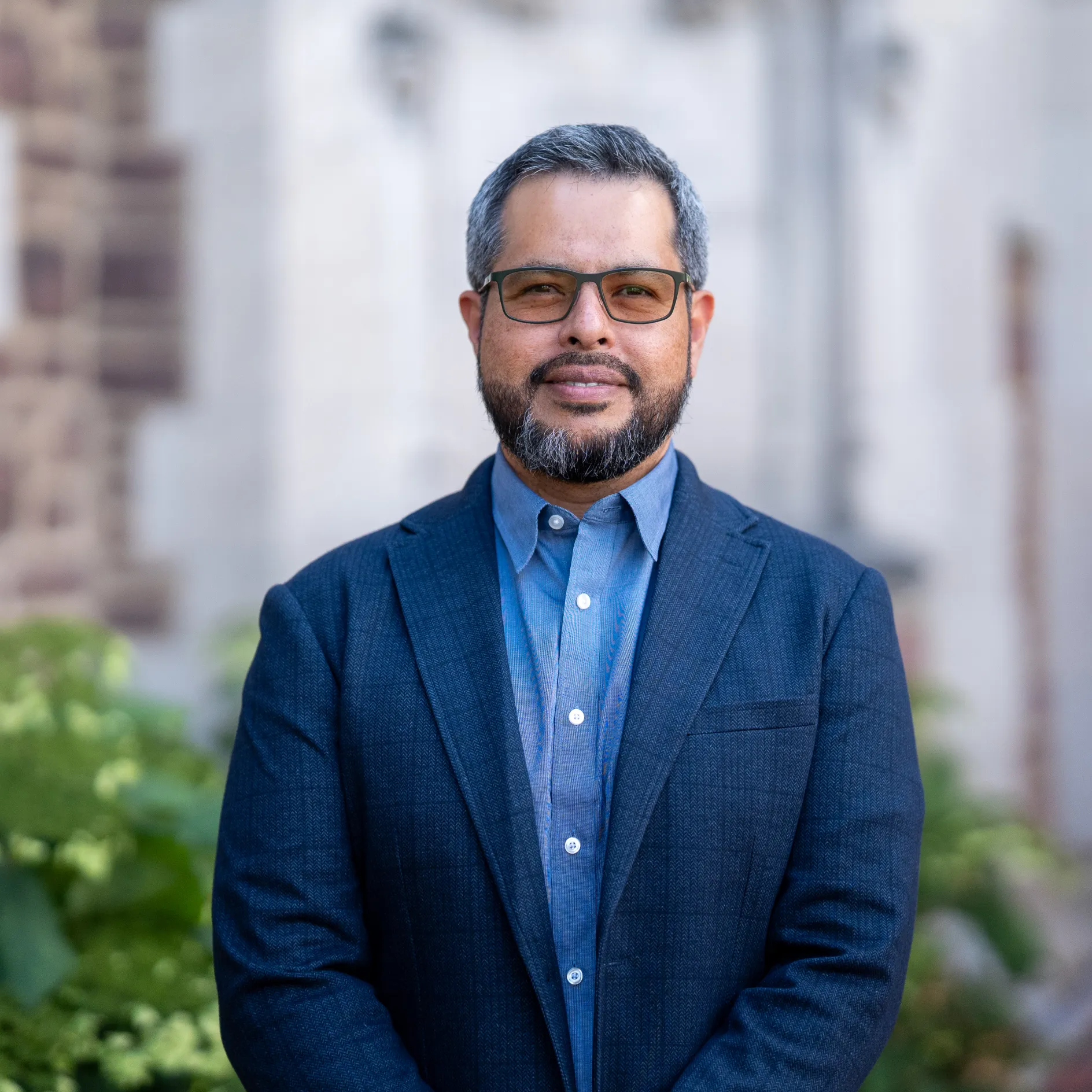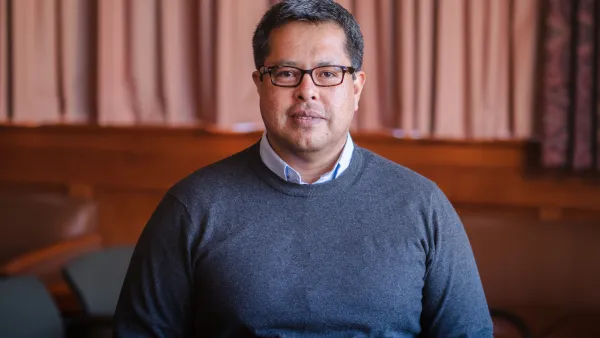Javier García Liendo’s research and teaching interests include Latin American and Andean literatures and cultures, cultural and intellectual history, media theory, material culture, Marxism and modernity, race and ethnicity, rural studies, and schooling and social formations.
Professor García Liendo is the author of El intelectual y la cultura de masas: Argumentos latinoamericanos en torno a Ángel Rama y José María Arguedas (Purdue University Press, 2017). This book examines intellectual responses to the impact of commodification and industrialization on Andean indigenous cultures and Latin American print culture during the 1950s and 1960s. Through a material analysis of print culture objects, such as magazines and pocketbooks, this work studies the circuits of communication between intellectuals and national and regional publics in Latin America at the time. Similarly, it explores the role played by technologies such as voice recording, music records, and radio in reshaping rural indigenous communities into a mass-oriented popular culture in Peru.
His research articles and book chapters have appeared in scholarly journals and volumes such as Latin American Research Review, MLN, The Oxford Handbook of the Latin American Novel, Bulletin of Hispanic Studies, Bulletin of Spanish Studies, Discourse, Romance Notes, and Revista de Crítica Literaria Latinoamericana. He has co-edited a special issue of Discourse on media and materiality in Latin America (38.1, 2016), and is also the editor of Migración y frontera: Experiencias culturales en la literatura peruana del siglo XX (Iberoamericana/Vervuert, 2017).
García Liendo is working on a book titled The Children of Indigenismo: Schoolteachers and the Making of Popular Modernity in Peru (1939-1967), under advance contract with Pittsburgh University Press (Illuminations series). Analyzing rural schoolteachers as local intellectuals and culture producers, this book studies the role of schooling in reshaping the production and reproduction of social life in the southern and central Andes. Through a transdisciplinary approach, this book examines the role of technical and aesthetic education (poetry, narrative, woodcuts, drawings), amateur history, and the folklorization of indigenous cultures, as well as the ideas of progressive education and the New School movements, in the local responses to the impact of capitalist modernity on rural life. García Liendo is also working on an anthology and study of indigenista intellectual Luis E. Valcárcel’s oeuvre and co-editing a volume on intellectuals, culture, and politics in Peru during the 1970s. A book on media, literature, and the popular in Peru from indigenismo to Juan Velasco Alvarado is underway.
His teaching focuses on twentieth-century Andean and Latin American literature and culture, media theory, sound studies, ecocriticism, and indigenous cultures in Peru and Bolivia. Some courses taught at the Department of Romance Languages and Cultures include “The Sixties in Latin America,” “Latin American Soundscapes,” “Contemporary Indigenous Cultures of the Andes and the Amazon,” and the graduate seminars “Media, Material and Popular Culture,” and “The Production of Culture: José María Arguedas and the Migrating Andes.”
He is the general editor of the Revista de Estudios Hispánicos.




